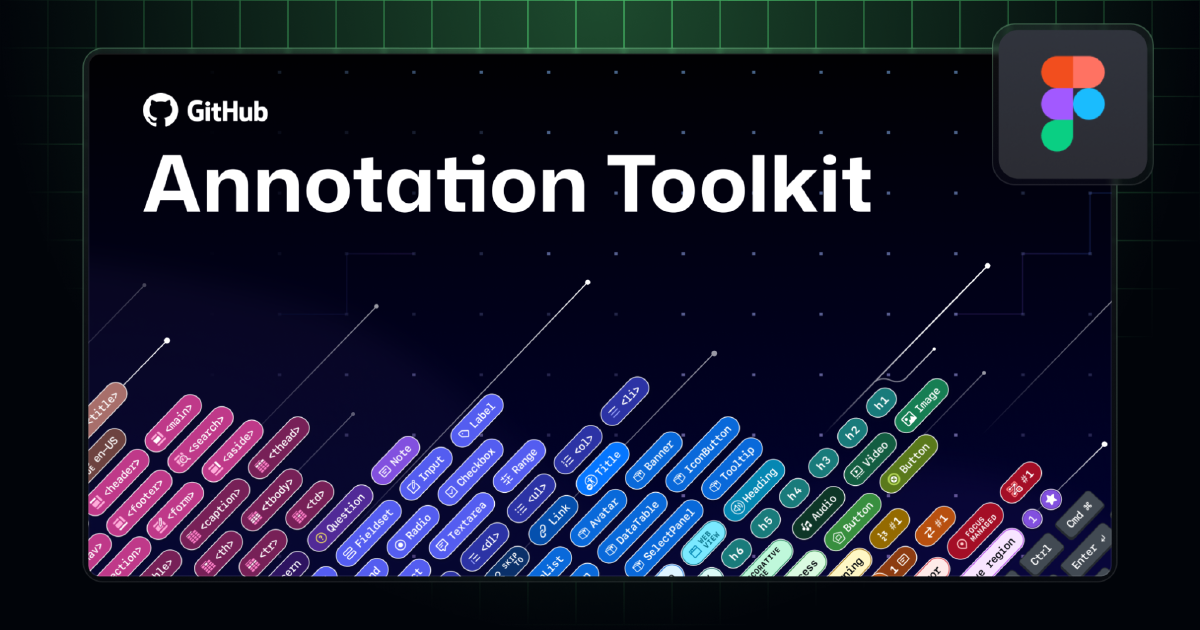There’s something beautifully generous about giving away your internal tools.
GitHub has open sourced their annotation toolkit, releasing the infrastructure they use internally for code analysis and workflow automation. It’s a reminder that sometimes the most valuable contributions aren’t new innovations, but sharing the everyday tools that make work possible.
What drives a company to give away the very tools that give them an advantage?
What the annotation toolkit represents#
GitHub’s annotation toolkit is the kind of infrastructure that makes everything else work:
🔧 Internal workflow automation#
Tools for code analysis, automated commenting, and workflow integration that GitHub’s own teams rely on daily.
📊 Annotation systems#
Infrastructure for adding metadata, labels, and contextual information to code and pull requests in systematic ways.
⚙️ Integration foundations#
Building blocks that other teams can use to create their own automated workflows and analysis tools.
🔄 Battle-tested reliability#
These aren’t experimental tools—they’re the production infrastructure that GitHub trusts for their own development processes.
The philosophy of sharing tools#
Open sourcing internal tooling reflects a different kind of generosity than creating new products:
Sharing advantages#
Instead of hoarding competitive advantages, GitHub is distributing the very tools that help them work efficiently.
Collective capability building#
When everyone has access to better tools, the entire ecosystem becomes more capable. A rising tide lifts all boats.
The network effect of improvement#
Other developers will inevitably improve and extend these tools, creating benefits that flow back to everyone, including GitHub.
What this teaches us about competitive advantage#
GitHub’s decision suggests some interesting ideas about sustainable competitive advantage:
Tools vs. execution#
Maybe competitive advantage isn’t in the tools themselves, but in how effectively you use them, what problems you choose to solve, and how quickly you can iterate.
Community as moat#
By strengthening the developer community’s capabilities, GitHub strengthens the entire ecosystem they’re part of.
Innovation through sharing#
Sometimes the fastest way to advance your own capabilities is to help others advance theirs, creating a virtuous cycle of improvement.
The thoughtful implications#
What’s the difference between giving away code and giving away tools? Code solves specific problems, but tools enable others to solve their own problems. Which is more valuable?
How do we measure the return on generosity? The benefits of open sourcing internal tools are often indirect and long-term. How do we account for value that’s hard to quantify?
What does it mean to invest in collective capability? When companies strengthen their competitors’ capabilities, are they weakening their own position or strengthening the entire market?
The ripple effects#
Open sourcing internal tooling creates unpredictable ripple effects:
Unexpected use cases#
Tools designed for one purpose often find applications their creators never imagined.
Community improvement#
External contributors will fix bugs, add features, and optimize performance in ways the original team might never have considered.
Standards emergence#
When good tools become widely available, they often evolve into de facto standards that benefit everyone.
The trust question#
There’s also something profound about trusting the community with your internal tools:
Vulnerability as strength#
Sharing your internal infrastructure requires confidence that transparency won’t harm you—a form of vulnerability that often leads to strength.
Collective ownership#
Once tools are open sourced, their future depends on community stewardship, not just the original company’s priorities.
Shared responsibility#
The burden of maintenance and improvement becomes collective rather than concentrated.
Getting started#
The GitHub annotation toolkit is now available for anyone to use, modify, and contribute to. Whether you need workflow automation, code analysis capabilities, or integration foundations, these battle-tested tools are ready to use.
Consider what problems you might solve with infrastructure that GitHub trusts for their own workflows. Sometimes the most valuable innovations come from applying proven tools to new contexts.
The most generous act might not be creating something new, but sharing something useful that already works. GitHub’s gift isn’t just code—it’s the capability to build better systems together.
Explore the toolkit: Visit GitHub’s annotation toolkit repository to access the tools, documentation, and contribute to the community-driven development of shared infrastructure.


